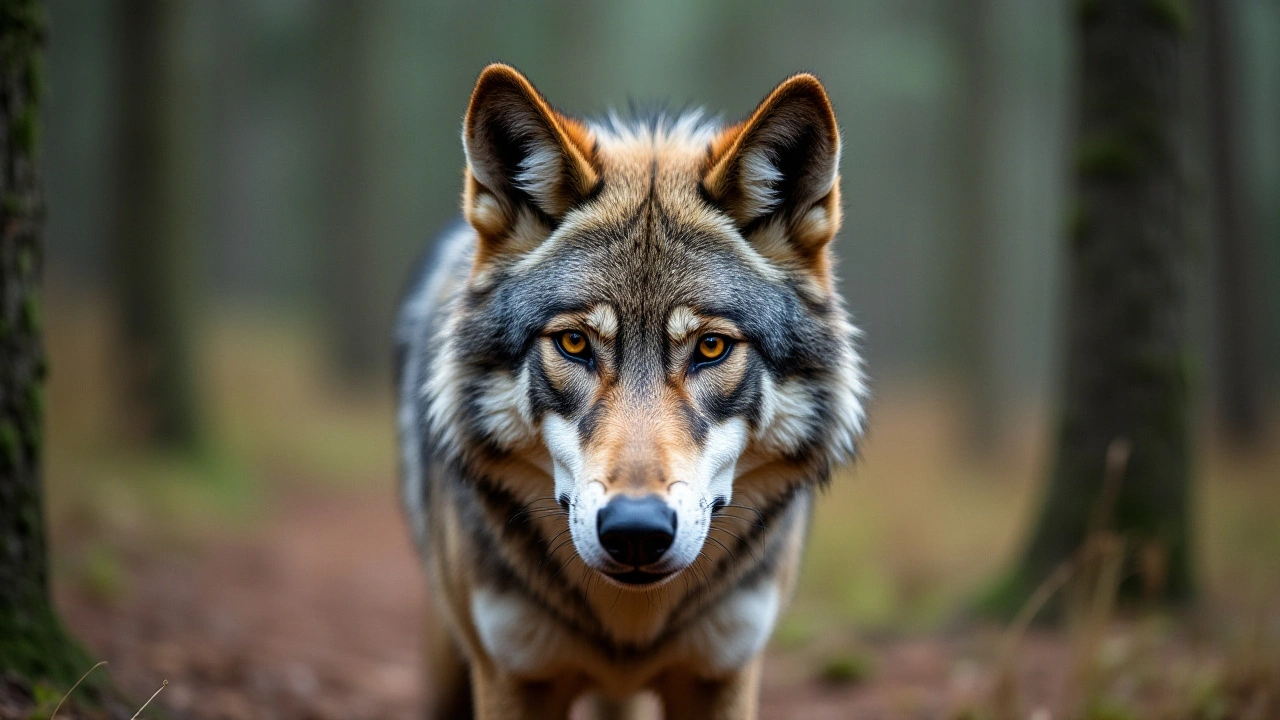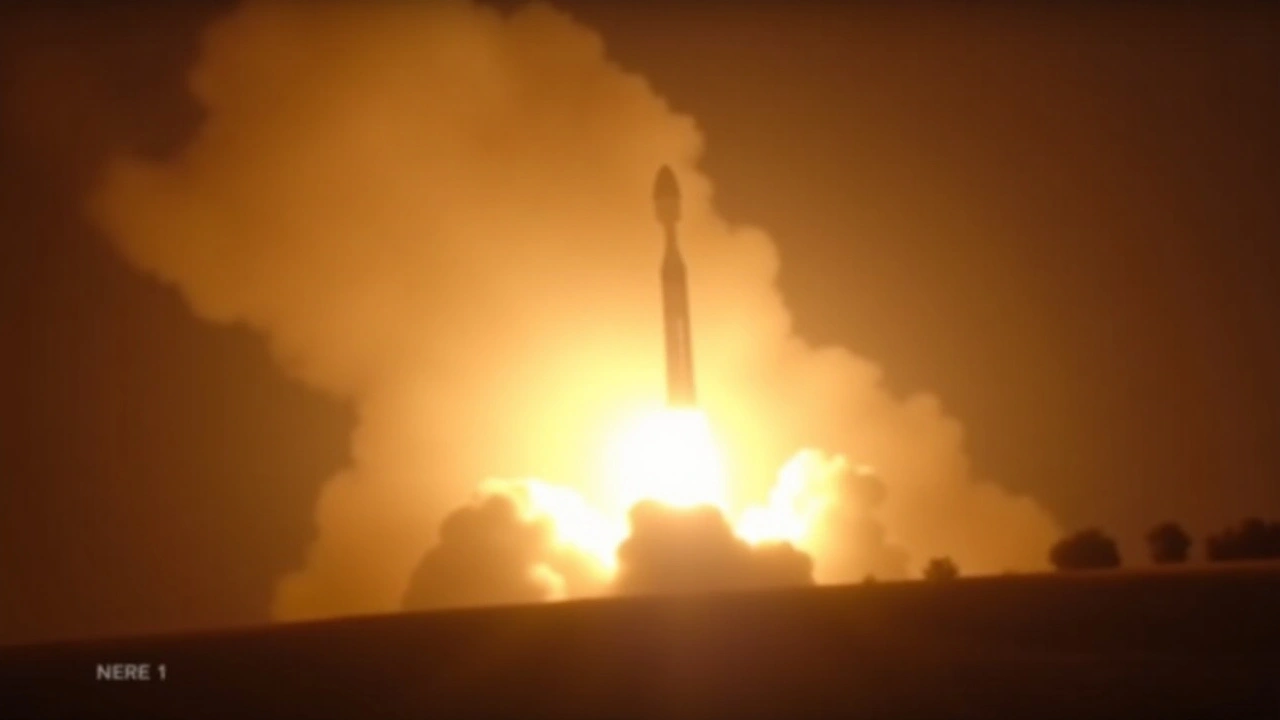Nigeria's innovation minister announces joint Brazil and Cuba partnerships to boost biotech, green fuel and space projects, marking a new phase of South‑South cooperation.
From policy fights over wolf protection to escaped research monkeys and fresh satellite launches, this science section brings clear, practical updates you can use. Want the facts fast and without the fluff? Good — that’s what we do here.
EU wolf protection debate. EU ministers are considering changing the protection status of the European grey wolf. If approved, the move could allow hunting or routine culling to reduce livestock losses. That sounds technical, but it matters: changing legal status affects how countries balance farming needs and wildlife recovery. Look for decisions from national ministries and conservation groups — they’ll spell out what changes mean on the ground for farmers, protected areas, and hunting rules.
Monkey escape in South Carolina. Forty-three young female rhesus macaques slipped out of a research facility, triggering a police search and a community alert. The animals were not used in testing and posed no known health risk, but local residents were asked to secure property while authorities worked to recover them. If you live near an incident like this, follow official guidance: keep pets inside, avoid chasing animals, and report sightings to local animal control so trained teams can act safely.
SpaceX Starlink launch. SpaceX launched 20 small Starlink satellites from Vandenberg using a Falcon 9 rocket. The flight showed the company’s reusable approach and keeps the Starlink network growing. If you follow space tech, watch the live webcasts and the Federal Aviation Administration or local range safety notices for launch windows and viewing tips. Satellite launches affect broadband plans, astronomy, and even weather monitoring — so they’re worth paying attention to.
Want updates that matter? Follow three simple steps: 1) Track official sources — government agencies, research centers, and accredited labs publish timely notices and safety instructions. 2) Tap expert groups — conservation NGOs for wildlife policy, university press offices for lab incidents, and space agencies or launch providers for mission details. 3) Use alerts — enable local news or emergency notifications for incidents near you, and subscribe to space launch calendars if you like live coverage.
If you’re puzzled by technical terms, look for short explainer posts or Q&A threads from reputable outlets. For example, when a policy affects a species, conservation groups often publish plain-language breakdowns of what protections do and don’t allow. When animals escape from a facility, law enforcement updates explain public risk and capture plans. For launches, range safety notices tell you whether it's safe to watch from nearby areas.
We update this page regularly with concise, practical news and clear next steps. Bookmark Explore Africa Daily’s Science section to catch updates as they come, and check individual stories for links to official statements and live streams.

Nigeria's innovation minister announces joint Brazil and Cuba partnerships to boost biotech, green fuel and space projects, marking a new phase of South‑South cooperation.

Two eclipses arrive in March 2025, starting with a total lunar eclipse visible across the Americas overnight March 13–14, with totality lasting 1 hour 7 minutes and peaking at 2:58 AM EDT. A solar eclipse follows on March 29. Here’s what will be visible, why the Moon turns red, how to watch safely, and what else to expect from a four-eclipse year.

The European Union is contemplating a significant change in the protection status of the European grey wolf. This decision, which could lead to routine culling or hunting, is stirring debate across Europe. Environmentalists emphasize the wolf's ecological role, whereas farmers, faced with livestock losses, support the change. EU ministers are poised to decide on this contentious issue amidst contrasting views.

In a surprising incident, 43 young female rhesus macaques escaped from the Alpha Genesis Primate Research Center in South Carolina. The escape prompted local authorities to warn residents to secure their homes as efforts intensified to locate and safely return the primates. The monkeys, posing no health threat, have not been involved in any testing due to their age. Authorities are employing various strategies to recapture the primates.

SpaceX has successfully launched 20 Starlink small satellites from Vandenberg Space Force Base, marking another step in its ambitious space-based internet project. The launch utilized a Falcon 9 rocket, showcasing its reusable first stage, and the mission was broadcast live on SpaceX's webcast and new X TV app.